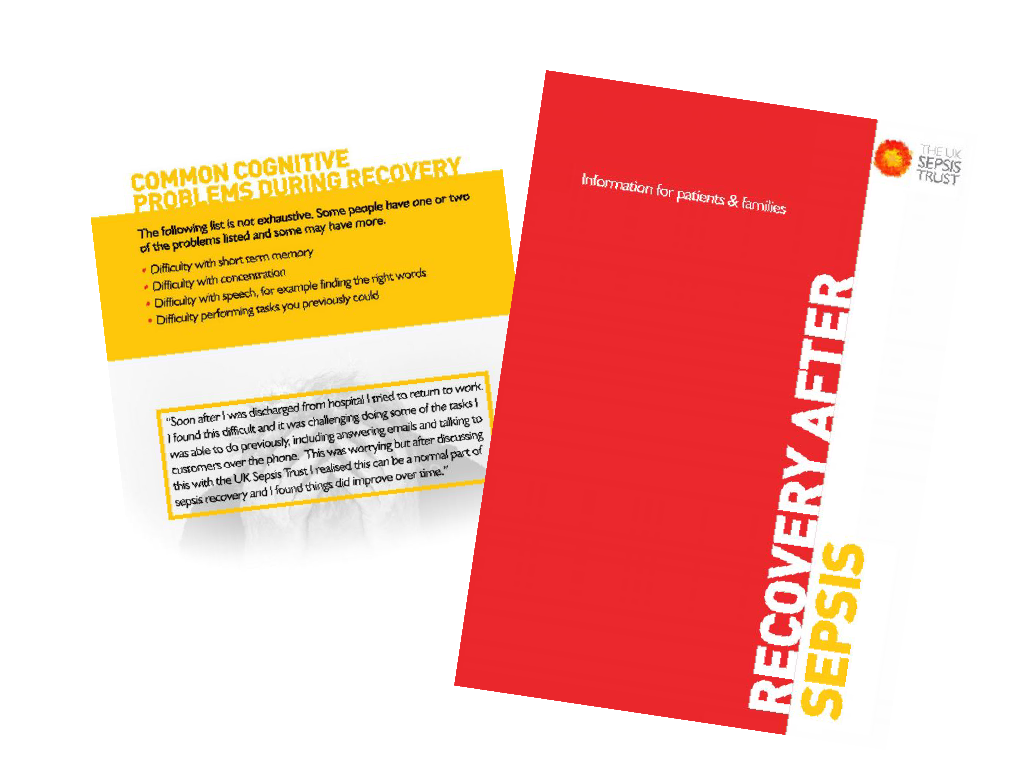Sylvester's story
Sylvester Lennon was in hospital recovering from leukaemia when his condition deteriorated and he developed hospital-acquired sepsis. Medics were left with no choice but to place Sylvester in a drug-induced coma for three weeks and amputate his legs and four fingers on his left hand.
Sylvester said of his experience “I had all the signs and was a high-risk patient. I can’t help but think what if I’d been given antibiotics quicker? If sepsis develops in hospital, it should be detected quickly and treatment delivered straight away to prevent serious outcomes. Anything that can help identify sepsis sooner needs to be done.”
In this video, Sylvester shares his story and the impact of sepsis on his life to date.
Post Sepsis Syndrome
For many, surviving sepsis presents its own challenges.
Post-sepsis syndrome (PSS) is a condition that can affect up to half of sepsis survivors. It can effect those who acquired sepsis in hospital or in the community. Suffers can experience physical, physiological and emotional symptoms. These include excessive tiredness, poor mobility, insomnia, anxiety and problems with short term memory which can all have an impact on daily life. Studies suggest that such symptoms were evident in sepsis survivors up to eight years after discharge from hospital.1
Alongside these symptoms, sufferers may also have to adjust
to the dramatic consequences of sepsis. This could include the loss of limbs.
The UK Sepsis Trust offers information about the physical, physiological and
emotional consequences of sepsis as well as resources for sepsis survivors.
- Iwashyna TJ et al (2010) Long-term cognitive impairment and functional disability among survivors of severe sepsis. Journal of the American Medical Association; 304: 16, 1787-1794.
